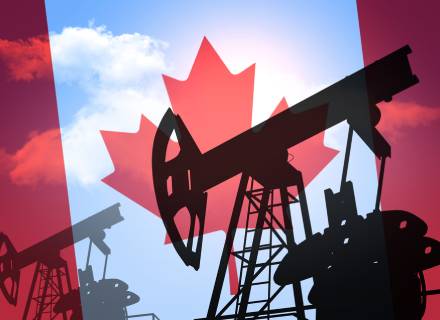As per a report released by the Alberta government, consulting firm Deloitte predicted that companies would opt to reduce production instead of investing in expensive carbon capture and storage (CCS) technology in response to Canada’s proposed oil and gas emissions cap.
The Liberal government of Prime Minister Justin Trudeau is formulating regulations to compel Canada’s most polluting industry to reduce emissions to 137 million metric tons by 2030, a 37% reduction from 2022 levels. The plan is opposed by the industry and Alberta, the province that produces the majority of Canada’s oil, claiming it is a production cap.
The majority of Canada’s largest oil producers’ emissions reductions over the next ten years will come from CCS. However, Pathways Alliance, a consortium comprising six prominent oil sands companies, has yet to decide whether to proceed with its 16.05 billion Canadian dollar (USD 12.03 billion) project and maintains that it requires additional financial backing from the government.
The implementation of CCS would make expensive oil sands mines unprofitable, according to Deloitte modelling in a report commissioned by Alberta. Production cuts would still be more economical than CCS investments for thermal oil sands assets that are less expensive.
“We do not see any oil sands CCS investments being implemented,” Deloitte said, Reuters reported.
The report raised concerns regarding the cost of carbon-capture technology, according to Laura Cameron, an analyst at the International Institute for Sustainable Development, a think tank focused on climate change.
Canada produces about 5 million barrels of oil per day (bpd), making it the fourth-largest oil producer in the world.
In fact, production is reaching record highs because of a new export pipeline and stable oil prices, despite the industry’s fears. In 2021, Justin Trudeau proposed the cap, and his administration hopes to finalise it before the anticipated election of the following year.
According to Deloitte’s projection, the emissions cap is expected to lead to an oil production of 5.6 million barrels per day by 2030, which is approximately 10% less than it would be without a cap.
Furthermore, with an emissions cap in place, gas production by the end of the decade would be about 2.2 billion cubic feet per day, which is 12% less than it would be without one.
The report also revealed that this could lead to a loss of 90,000 jobs in Canada and a GDP decrease of 282 billion Canadian dollars between 2030 and 2040.

